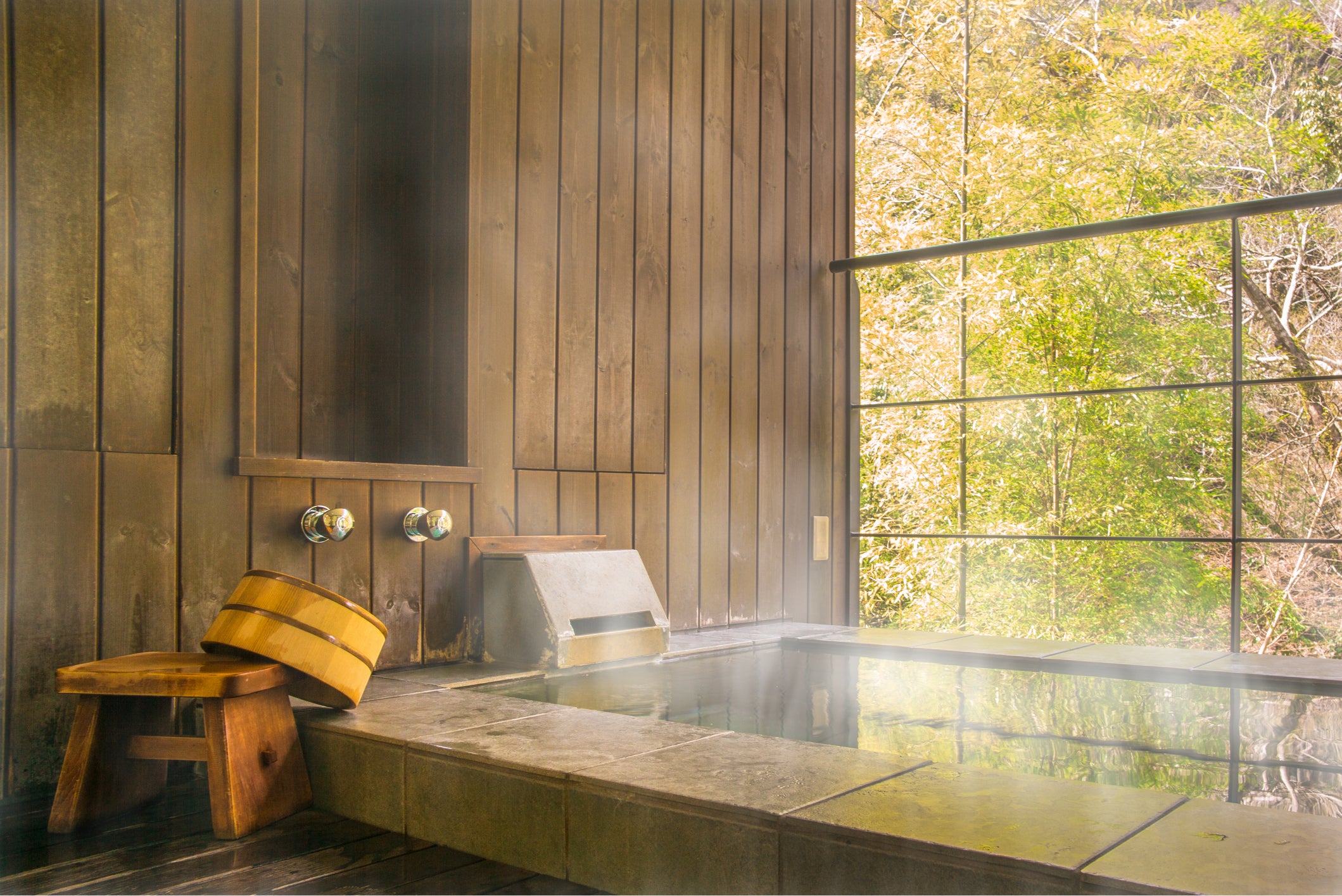Japanese spa apologises for only changing water twice a year after deadly bacteria found
The manager admitted to ‘completely disregarding the health of our customers’

The manager of a 158-year-old Japanese guesthouse has apologised for only changing its spa bath water twice a year after it was found to be teeming with poisonous bacteria.
The Daimaru Besso guesthouse in Chikushino, Fukuoka Prefecture, claims that its onsen, a traditional Japanese bath using water from volcanically heated springs, has been “visited by government dignitaries and priests for centuries”, with its “historic hot spring” even getting a mention in the Man'yōshū, Japan’s oldest and most revered poetry collections.
However, a health inspection of the facility found legionella bacteria at 3,700 times the permitted level, CNN reports.
Following the inspection, hotel management admitted to changing the water just once every six months, rather than weekly, in line with local regulations.
At a press conference on Tuesday (28 February), Makoto Yamada, the president of the company that owns the property, apologised for the poor hygiene standards.
“I am very sorry,” he said.
Mr Yamada told local media that his team had neglected to add chlorine to the waters because they “didn’t like the smell”.
“It was a selfish reason,” he said, describing the lapse as a “wrongdoing that completely disregarded the health of our customers.”
The guesthouse owner claimed he was unaware of the importance of changing the water.
“I was not aware of the law myself and thought that legionella bacteria was a common bacterium that could be found anywhere, and also that it was safe because the large baths were free-flowing so the water was changed quite often.
“I feel sorry for our ancestors”, he said.
Legionella bacteria can cause Legionnaires’ disease, a potentially fatal lung infection.
People can fall ill after breathing in tiny droplets of water containing the bacteria, which can cause a lung infection.
The bacteria can occur in shower heads and faucets, hot tubs, cooling towers, hot water tanks, decorative fountains or plumbing systems in large buildings.
It's usually caught in places like hotels, hospitals or offices where the bacteria have got into the water supply. It's less common to catch it at home.
The baths, which were temporarily closed after the bacteria was detected, have now reopened and are fully operational.
Join our commenting forum
Join thought-provoking conversations, follow other Independent readers and see their replies
Comments
Bookmark popover
Removed from bookmarks